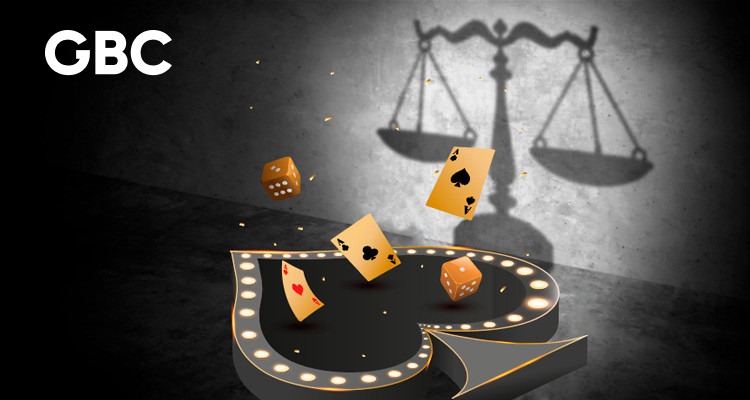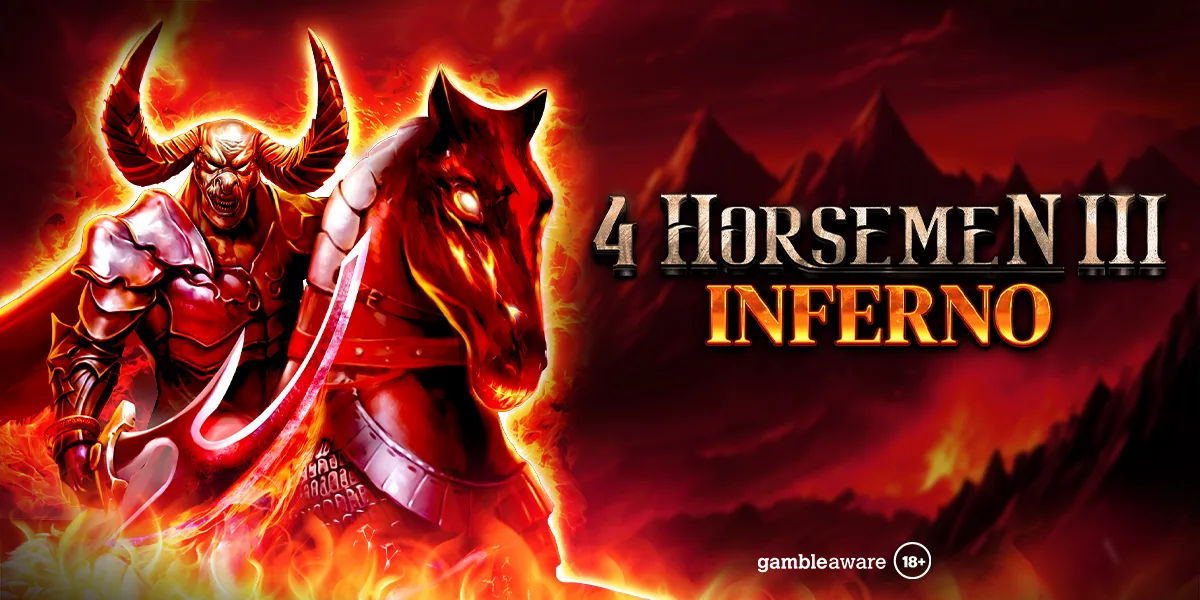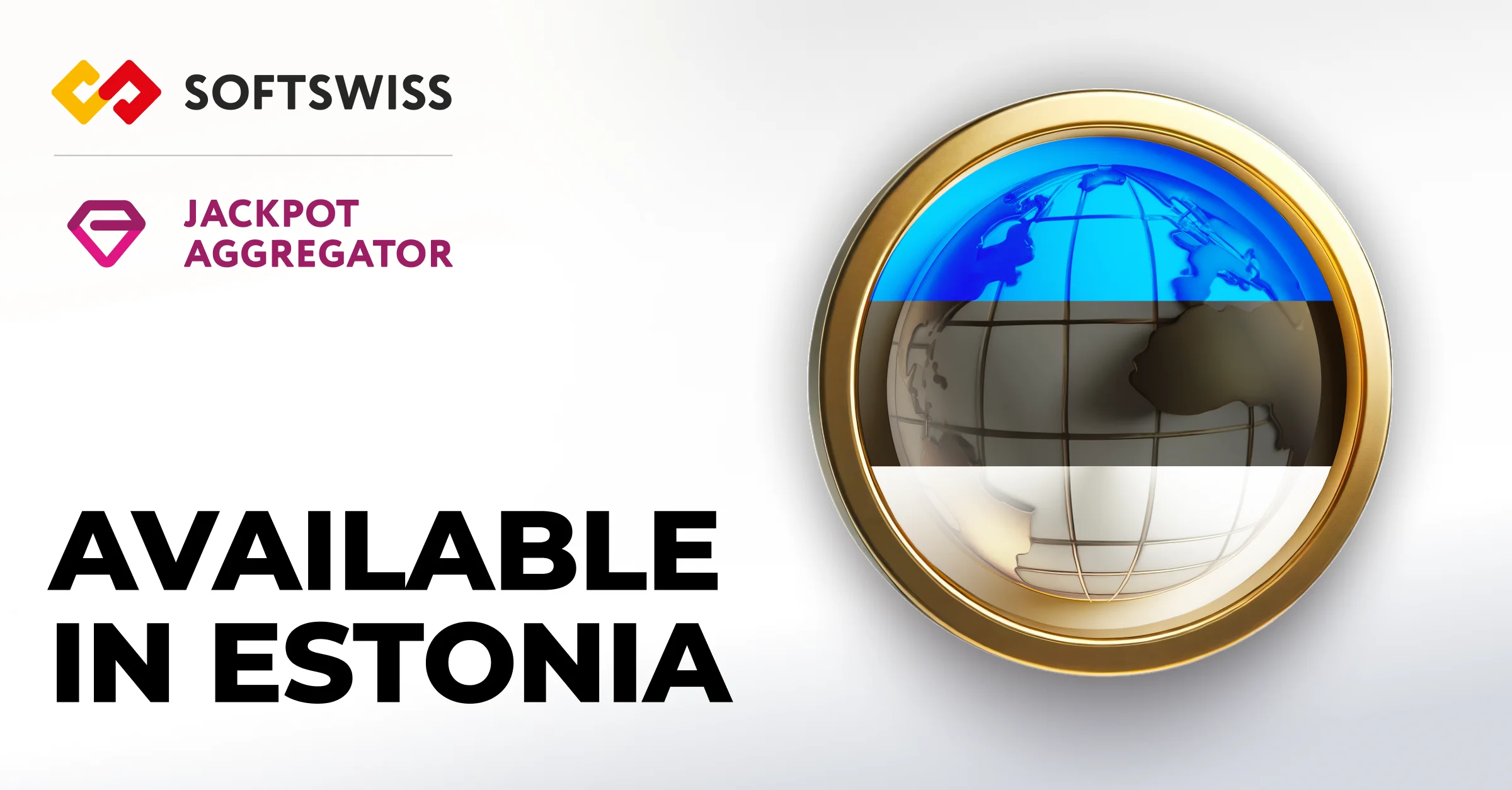Regulations in the gambling industry are a very controversial topic, which is often brought up in trending news articles. While some countries like Malta have more relaxed gambling, most of the gambling jurisdictions in Europe tend towards a stricter approach. This article attempts to decide which approach is more efficient.
As the ex-Head of the French Gambling Authority ANJ Rhadamès Killy noted: “A balance is required to effectively regulate without promoting the black market – I believe that balance is best struck when targeted restrictions focus on support for those at risk, but not excessively hinder or punish the wider public.” Let’s review how the different European jurisdictions try to strike this balance in the regulation of the gambling sector.
Main types of licensing models in Europe: monopoly, mixed, and multi-license
When it comes to gambling regulations in Europe, countries apply different approaches:
- In some jurisdictions, like Finland and Norway, state-owned firms have a monopoly on gambling products;
- Four European countries employ a mixed licensing system, where either sportsbook (Hungary and Slovenia) or casino games & poker (Poland and Austria) are monopolized by the state. Private gambling operators can apply for a license for all other gambling products;
- The majority of EU countries (twenty-five out of twenty-nine), however, opt for a multi-licensing approach, allowing private companies to operate freely in the market. In 2022, Ireland is expected to become the twenty-sixth country with a multi-licensing gambling model.
Undoubtedly, there are some unique cases and exceptions. For instance, Luxembourg doesn’t have specific gambling regulations. Cyprus and France outlaw some online gambling products, like casino gaming and poker.
According to the European Gaming and Betting Association, however, multi-licensing is the most efficient model for the gambling sector. The main benefits of this approach are:
- more possibilities for player protection;
- higher tax returns to the state;
- better control over the gambling market for the regulator.
“Evidence shows us that online gambling monopolies are ineffective and, by narrowing consumer choice, they make unlicensed websites more attractive,” – claims the head of EGBA Maarten Haijer.
Impact of the strict regulations on the development of the gambling markets
While more countries tend to have a liberal licensing system, the other aspects of gambling are heavily regulated. The European Court of Justice has found a trend toward restrictive gambling rules across the EU. Safer gambling and player protection have become the central focus for many gambling authorities across the EU and beyond, which caused even tighter rules for iGaming ops. In the past two years, many gambling regulators have also imposed additional restrictions on the games of chance due to the outbreak of COVID-19.
The most notable example is Sweden. For almost two years, Swedish online casino players were limited by a SEK5 000 (around EUR483) weekly deposit cap. The government has lifted the restriction only in November 2021, when it has caused a large number of Swedes to switch to the black market. The country also has one of the strictest regulations on football betting and limits wagering on top-level games of football games or national teams. The recent report by the Treasury also shows that country didn’t reach its targeted channelization rate of 90%. Moreover, the figure has surged below the 2019 level to 87%.
The other examples of strict regulations on the gambling niche include:
- Belgium: EUR500 weekly loss limit in online casinos;
- Germany: EUR1 cap per slot spin, EUR1 000 monthly casino limit, and heavy restrictions on gambling advertising;
- Finland: EUR500 daily loss limit in casinos and EUR2 000 monthly limit;
- Norway: NOK5 000 (EUR518) monthly loss limit;
- UK: ban on credit card use, 2.5-second time off between each spin;
- Greece: legal gambling ages start from 21 years, EUR2 limit per slot spin, prize caps – EUR5 000 per session for slots and EUR7 000 for casino games;
- Portugal: locals are allowed to gamble when they reach 25 years of age, while foreigners can gamble from 18 years old;
- Switzerland: CHF25 (EUR24.5) cap per game for automated games in B-type casinos;
- Lithuania: maximum limit of EUR0.5 per stake for B-category slot machines;
- Italy: a full ban on all forms of gambling ads and sports sponsorships;
- Armenia: a full ban on gambling advertising;
- France: new gambling regulator with high powers and extended resources;
- Denmark: mandatory deposit limits on player’s account. restrictions on casino bonuses, and an increase in tax rates.
- Bulgaria: restrictions on gambling advertising.
The other topic is gambling taxes, which tend to be extremely high in European counties, making it almost impossible for a smaller casino to operate in these countries. For instance, Italy has increased tax rates twice since 2019. The bookmaking company Betfair has calculated that it had to pay 110% in gambling taxes. The operator has already withdrawn from the market.
Moreover, the trend for stricter regulation of the gambling sector is only going to increase.
One of the developing markets, Georgia, has recently announced new iGaming regulations, which include a significant increase in gambling taxes, a complete ban on gambling advertising, and a rise of the legal gambling age to 25. This has already led to the major poker brand – PokerStars – leaving the Georgian market.
The chart below also shows the correlation between the strict regulations on gambling and the size of the offshore (unregulated) market. The tighter restrictions are, the higher is the rate of illegal gambling in the country. This, consequently, leads to an increase in the problem gaming and gambling addiction rates. So, the rules, which were aimed to combat gambling har, only cause more damage.
The size of the black market in Europe is shockingly big despite growing channelization rates
According to research by the European Betting and Gambling Commission states, the size of the regulated market is growing every year. By 2023, only 13.4% of all gambling activity in Europe is predicted to come from unregulated markets. According to the Commission, the opening of the online gambling market in the Netherlands was the main growth driver for licensed gambling.
At the same time, the size of the unregulated market stays shockingly big, with the number of UK punters on illegal gambling sites doubling over the past two years. The British Betting and Gambling Council (BGC) reports that the number of offshore bettors has grown from 220 000 to 460 000. The other European countries have similar tendencies. For instance, in Norway, the black-market iGaming revenue has tripled since 2010. In France, illegal GGR has nearly doubled since 2015.
The joint study by BGC and PwC has found a clear link between strict gambling regulations and an increase in black-market activity. The analysis also suggests that the countries with open gambling markets, like the UK, have a smaller share of unlicensed activity.
Conclusion
Gambling restrictions are vital for player protection and the overall operation of the industry. Some regulators also justify tight regulations by saying that it increases public revenue. The overly regulated market, however, becomes unattractive for both players and iGaming operators. This leads to bettors switching to unlicensed websites and private companies withdrawing from the market. Thus, both goals of better customer protection and revenue maximization can’t be achieved.
As stated by the ECJ, national restrictions on gambling must be in the general interest and limit activities consistently and systematically. The regulations also must be appropriate, proportional, and non-discriminatory.
Read more: Best iGaming Aggregators















